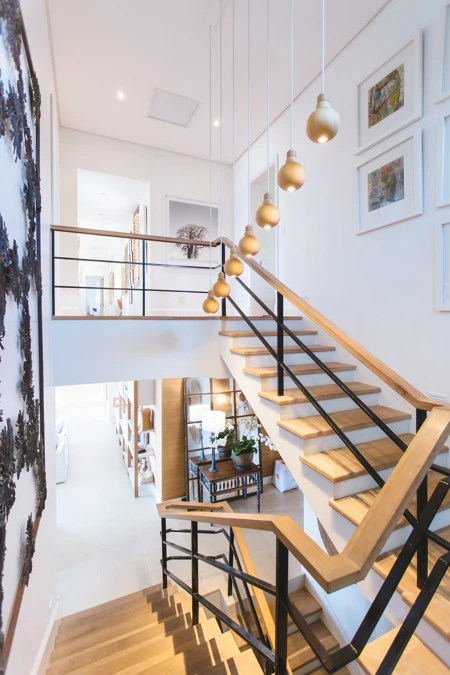There are lots of reasons why you might choose to build your own home, and there are different ways of going about it. Whichever one you choose, you’ll need a specialised mortgage if you’re planning to build your own home.
In this article, we’re going to look at the differences between self-build and custom-build homes, and what that means for your mortgage.
What is self-build?
While it may sound like “self-build” means that you are personally laying the bricks yourself, and it can encompass this type of build, it’s a little broader than that.
The National Custom and Self Build Association (NaCSBA) defines self-build as: “projects where someone directly organises the design and construction of their new home”.
This is the type of project you see on shows like Grand Designs, where the homeowner is actively involved in the planning of the project, hiring an architect and obtaining planning permission. They may even get stuck in themselves.
What is custom-build?
“Custom-build” offers a bespoke new-build home with a less hands-on approach. This is where a property developer takes on the majority of the work, either as a one-off or as part of a group scheme. This includes sourcing the site, hiring contractors and managing construction.
The buyer is able to specify a layout, as well as internal and external finishes. The project requires much less input than self-build options and can sometimes be completed in a matter of weeks.
Mortgages for custom-build and self-build homes
In terms of mortgages, self-build and custom-build projects are treated the same, but you won’t be able to take out a standard mortgage if you’re planning to build your home.
Lenders normally only allow you to borrow up to 75% of the cost of the land and 60% of the cost of the build. This means that you’ll need a large deposit and may need to take out a bridging loan or construction loan to cover this.
Arrears self-build mortgage
Instead of receiving a lump sum, funds are released in blocks once certain stages of the build have been completed.
This means that you’ll need cash available to pay for materials and labour up front.
Advance self-build mortgage
This type of mortgage also releases funds in stages, but the money is made available prior to each key build stage.
Although this provides you with the money up front for the associated costs, fewer lenders offer advance mortgages.
Interest rates for self-build and custom-build mortgages
Due to the higher risk associated with building a home from scratch, self-build and custom-build interest rates are higher than those of standard mortgages.
You can expect to pay somewhere from 4-6% per annum, whereas more standard mortgage rates in the UK vary from around 1.4-2.6%.
Still need help?
If you’re planning to build your new home but aren’t sure about your mortgage options, get in touch with one of our friendly mortgage advisers.
We’ll give you impartial advice, explaining the options clearly so you can be confident in your decision-making.
Important information
Your home may be repossessed if you do not keep up repayments on your mortgage.
There may be a fee for mortgage advice. The actual amount you pay will depend on your circumstances. The fee is up to 1% but a typical fee is 0.3% of the amount borrowed.

